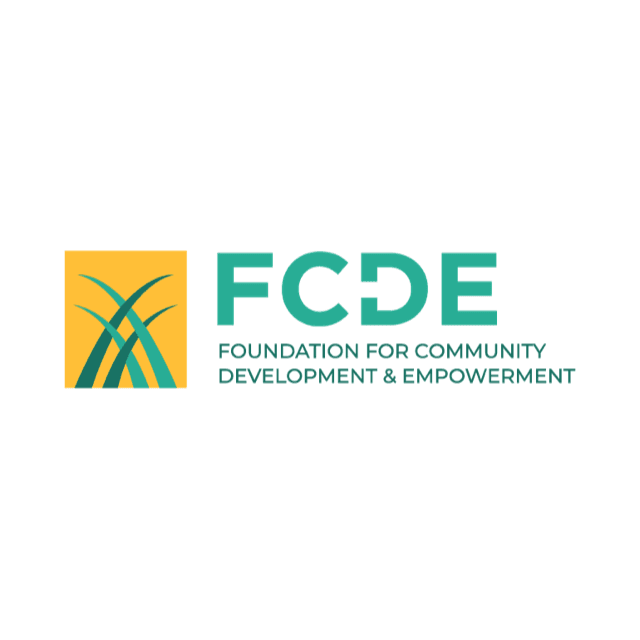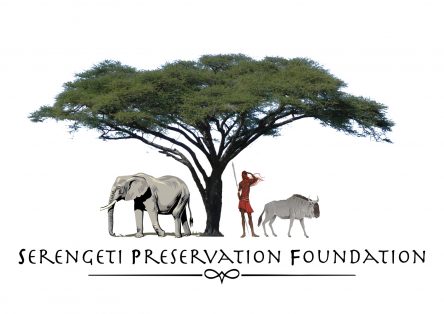Since 1995, Kiima Foods has been advancing social and economic empowerment in western Uganda by fostering education and support for conservation, natural resource management, agroforestry skills development, and more. Kiima firmly believes in the dual role of communities as both supporters and beneficiaries of environmentally-conscious practices.
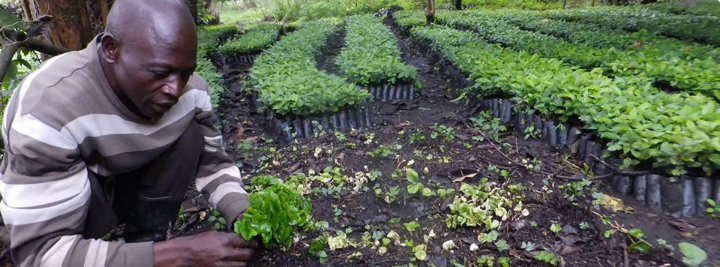
Kiima is dedicated to assisting farmers in adopting climate resilience technologies, encompassing water and soil conservation practices, tree planting, rejuvenation of deforested areas, and dissemination of alternative cooking methods and other climate change resilience technologies. Central to this effort is the operation of the Uganda Institute of Organic Farming, a farm school providing formal education in sustainable farming practices to students.
Kiima focuses on economic stimulation by empowering farmers through improved farming techniques, access to financial services, enhanced marketing strategies, and the adoption of efficient, low-waste practices. The organization actively promotes the production of organic and fair-trade Arabic coffee.
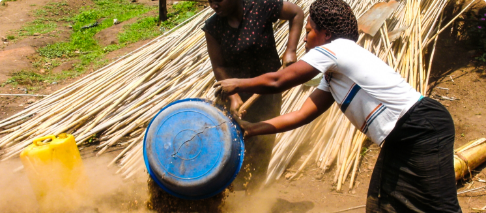
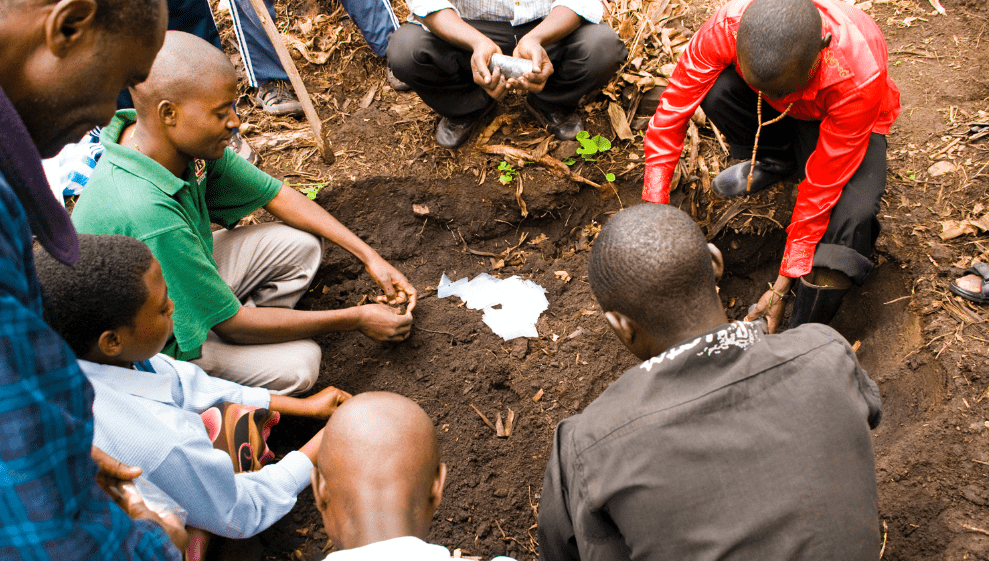
Kiima has expanded community access to cleaner cooking and lighting technologies, benefiting local governments and supporting the formulation of renewable energy strategies. Collaborating closely with local communities, Kiima has initiated projects aimed at reducing food waste, notably through working with Farmer Enterprise Centers equipped with cold storage facilities for food preservation.
Kiima’s Green Colleges for Green Jobs program has successfully trained 751 youth in the community, who have gained skills in vegetable growing, apiary management, solar installation and repair, juice production, and tour guiding.
Confluence Institute & Kiima Foods
Confluence Institute (CI) takes great pride in championing the remarkable endeavors of Kiima Foods. Through the provision of grant resources, CI has supported impactful initiatives spanning the entire region. Leveraging these grants, Kiima has achieved the following:
- Aid to Flood-Impacted Communities:In the Rwenzori region, Kiima has responded to the needs of communities affected by floods. This involved strategic interventions such as tree planting on flood-prone slopes and advancing agroforestry education and implementation.
- Strengthening Organizational Capacity:Kiima has fortified its internal systems, enhancing operational efficiency and laying a robust foundation for future program development. Of particular significance is the bolstering of its climate change resilience program.
- Empowering Women and Youth: Recognizing the pivotal role of women and youth in sustainable development, Kiima has amplified resources allocated to training and skills development in green job sectors. This initiative aims to broaden access and foster inclusivity in the pursuit of environmental stewardship.

